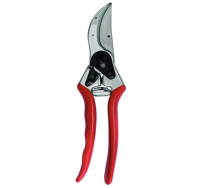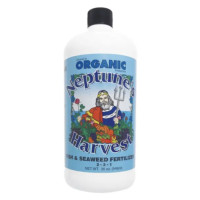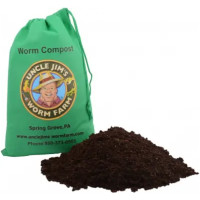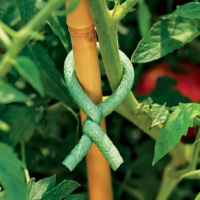The Best Organic Pest Control for Gardens
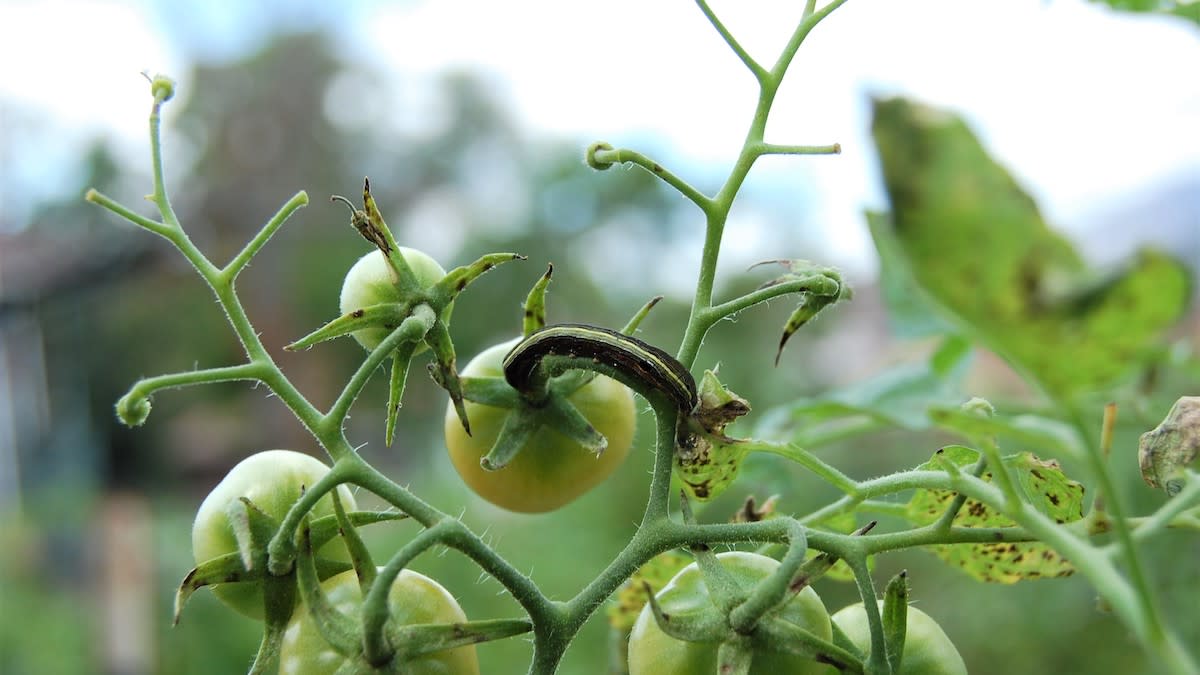
When I finished my degree in biology in 2013, I decided that instead of getting a job at a laboratory or going to graduate school, I would get a hands-on ecology education by completing an apprenticeship at a research farm in rural North Carolina. I worked on the Small Farm Unit where we practiced integrated pest management (IPM) which is a method of pest control that uses an ecosystem-wide approach to prevent crop damage rather than killing every living being in the field with broad-spectrum pesticides. IPM factors in environmental conditions like beneficial insect habitat and field cleanliness to manage insect pests. This method also incorporates pesticides, but they are typically used as a last resort.
I’ll never forget the day I filled a backpack sprayer with an organic pesticide and walked out to ourpotato fieldonly to discover that a swarm of wasps had already decimated the population of Colorado potato beetle larvae I was planning on spraying that morning. If we were using broad-spectrum pesticides that killed everything in the field, there would’ve been no wasps around to keep the beetle population in check and our only option would’ve been to spray more and more. Over the years I've continued to see evidence that this minimalist approach is the most effective method of controlling crop pests, especially for small-scale growing operations likehome gardensor small farms. These are my recommendations for organically treating some common garden pests using IPM practices.
Caterpillars: Tomato Hornworms, Army Worms, Cabbage Worms, and Corn EarwormsPhysical barriers like row covers or insect netting are the most effective prevention method for caterpillars on leafy crops like cabbage, kale, collards, and other greens. However, these barriers also prevent pollinators from accessing the plants, so be sure to avoid using this method for fruit-bearing plants.
With caterpillars like tomato hornworms that attack fruiting plants, parasitic wasps are often the best solution. If you’ve ever seen a tomato hornworm with rows of tiny white ovals hanging off its back, those are the larvae of a parasitic wasp that has embedded its eggs in the caterpillar. Parasitic wasps can be purchased online, but they are native to most of the United States and creating habitat for them is likely tobring them to your garden.
If it’s too late to prevent a caterpillar outbreak and they’re decimating your crops, you can use an organic pesticide to knock their population back. The best organic pesticide to use on caterpillars isBacillus thuringiensis(BT) which is sold in concentrated form at most garden centers. BT is a naturally occurring bacteria that infects the digestive tract of caterpillars, preventing them from absorbing nutrients and eventually killing them. It is generally safe to use around beneficial insects because the bacteria specifically targets insects in the caterpillar family.
Slugs and SnailsIf you’ve ever had a mystery pest chewing holes in your vegetables and leaving strange trails of translucent film all over them, the culprit was most likely slugs or snails. Slugs and snails are nocturnal so the only way to catch them in the act is by popping on a headlamp and doing a bit of nighttime gardening.
If we start to see slug damage in our garden, the first thing we do is look for any debris or nooks and crannies near the garden for slugs to hide under during the day. An old brick or piece of wood laying in your garden can provide refuge to hundreds of slugs and snails. Simply removing these items is often enough to deter them from inhabiting your garden. We also like to do a few “slug hunts” per month where we walk through the garden at night, hand-pick any slugs we find and drop them in a cup of salty water.
If you’ve removed all the debris and hand-picked the culprits but they're still persisting, there are small slug food pellets that contain organic pesticides available at most garden centers or online. These can be sprinkled throughout your garden and they will kill the slugs upon consumption.
Aphids and WhitefliesAphids and whiteflies are tiny, soft-bodied insects that suck the sap from plant leaves. They can be a menace in large numbers. Healthy plants can often survive an outbreak of sap-sucking insects, but who wants to eat a mouthful of aphids with their kale salad? One of the best environmental treatments for aphids and whiteflies is to create habitat for ladybugs and lacewings. Ladybug and lacewing larvae are voracious predators of aphids and whiteflies, so if they’re present in your garden, any sap-sucking problem will be short-lived.
If the predator insects are scarce in your area and you need an organic pesticide, spraying with insecticidal soap is often the best solution for aphids and whiteflies. Insecticidal soap coats the soft bodies of aphids and whiteflies, damaging some of their cells and suffocating them. A soapy water solution from typical hand or dish soap will also work, but this may contain other chemicals that you wouldn’t want to come into contact with your food.
General Garden Pest ControlIt’s important to remember that healthy plants will work to protectthemselvesfrom pests, so the first line of defense from garden pests should be healthy soil, proper watering, and ample sunlight. Garden pests will often lay their eggs inplant debris in the fallfor their progeny tooverwinter, so cleaning up garden debris will make it more difficult for them to find your vegetables come spring. Finally, planting a pollinator garden will not only attract bees to your garden, but it will also attract parasitic wasps and other beneficial insects who will keep your garden pests in check.
A healthy, organic garden is not one devoid of all insect pests, but rather one where a balanced ecosystem prevents pests from exploding in population and causing extensive damage to your harvest. Using the techniques and principles outlined above, you can be an effective steward of your garden ecosystem so it can feed youfor years to come.
Shop
Sign In or Create a Free Account
Related

Gardening
The Best Organic Pest Control for Gardens

Gardening
How to Choose the Best Spot for a Vegetable Garden


